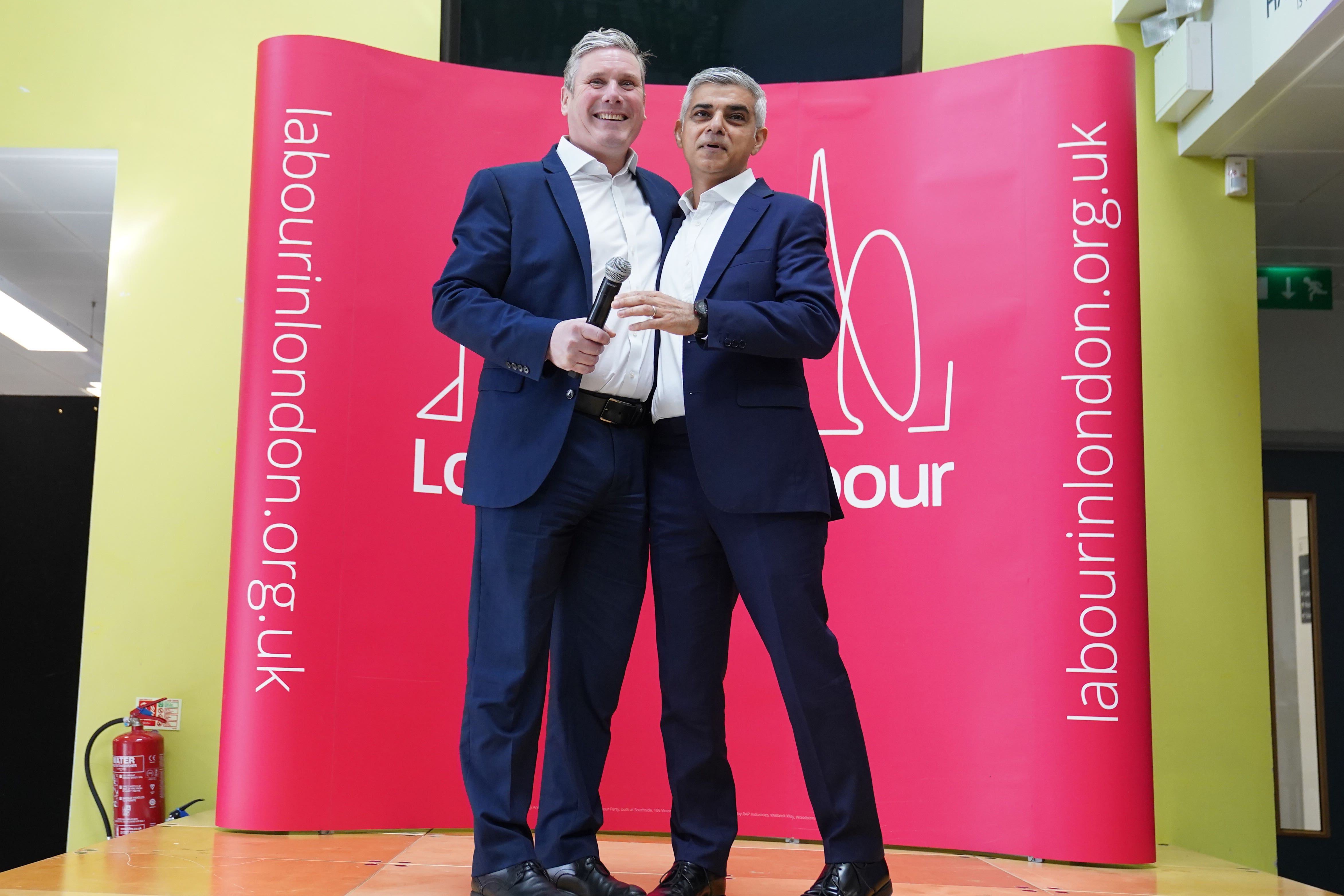Directly elected mayors have breathed new life into local democracy
Editorial: Even though Labour won a clean sweep of all but one of the metro mayors, the variation in party performance reflects the ability of strong local personalities to defy traditional loyalties

Never mind that George Osborne, the former chancellor, promoted directly elected mayors because he thought they were in the Conservative Party’s interest. Two of the newest mayoralties, the East Midlands, and York and North Yorkshire, were won by the Labour candidates.
It must have stung Rishi Sunak that the Tory was defeated in his own back yard – the York and North Yorkshire combined authority includes his own Richmond constituency.
Another combined authority, the North East, is an expanded version of the North of Tyne authority, and Labour won that too, seeing off a challenge from Jamie Driscoll, the Ken Livingstone of the North, who ran as an independent against his former party after being excluded for unspecified wrongthink.
Mr Osborne imposed directly elected mayors without referendums – which had tended to go against similar proposals under the Labour government – mainly because he thought that strong, accountable executives at city or regional level were the best way to mobilise sub-national economies. But he was also an intensely political chancellor, and realised that they could enable the Conservative Party to win elections in places where it could never hope to win control of local councils.
He understood the lesson of Boris Johnson’s two terms as mayor of a Labour city: a lesson learned by the Conservative Party in the West Midlands, won by Andy Street, a technocratic moderate Tory, twice, and in Tees Valley, won by Ben Houchen, a populist opportunist Tory, three times now. Both those areas ought to be solidly Labour by demography and past voting history.
The Conservative quest for party advantage more or less came to an end on Thursday. Lord Houchen is now the only Tory mayor of a combined authority. But the benefits of the intermediate level of democratic accountability continue to be felt.
Even in places such as the Liverpool City Region, where Steve Rotheram, Labour, was re-elected with a nearly North Korean 68 per cent of the vote, or Greater Manchester, where Andy Burnham, Labour, won with 63 per cent, the rewards of coordination across a large urban area are worthwhile. Even in such safe Labour seats the distant prospect of democratic challenge imposes useful constraints.
The Independent therefore supports the cross-party initiative, led by Ed Balls, the former shadow chancellor, and backed by Mr Osborne, to extend the combined authority model across the whole of England. After a false start with regional assemblies promoted by John Prescott, the deputy prime minister in Tony Blair’s government, we have found a form of English devolution that works.
If Mr Osborne’s search for partisan advantage has accidentally secured benefits for all, this government’s attempts to tilt the playing field in its favour have no such defence. The abolition of the supplementary vote, a simple form of preferential voting that allowed people to express a second preference in mayoral elections, was designed purely to prevent anti-Tory votes transferring to the most effective challenger. The change had no merit and should be reversed if there is a change of government later this year. Similarly, the rule requiring a photo identity document at the polling station should be reviewed urgently.
Even though Labour has won a clean sweep of nearly all the metro mayors, the variation in party performance reflects the ability of strong local personalities to defy traditional loyalties. That David Skaith should represent true-blue North Yorkshire is just as surprising as Lord Houchen’s tenure in socialist Tees Valley. Sadiq Khan was given a fright by a remarkably weak Tory candidate in London, while Mr Street was close to holding on in the West Midlands.
Those divergences from the expected outcomes are good for democracy, and good for the cities and regions for which the candidates have contended.



Join our commenting forum
Join thought-provoking conversations, follow other Independent readers and see their replies
Comments